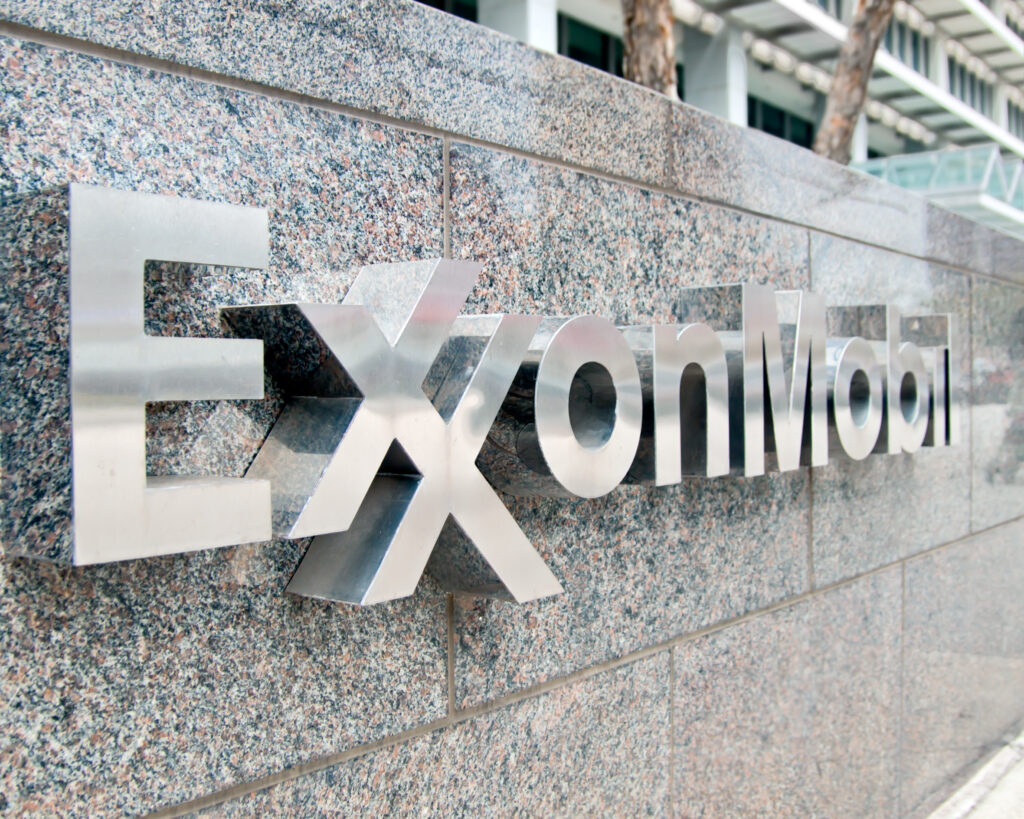By, Harold Kim, Executive Vice President, U.S. Chamber Institute for Legal Reform
In court, third party litigation funding arrangements remain hidden. Outside the courtroom, however, the practice is getting more attention.
House Judiciary Committee Chairman Bob Goodlatte sent a letter to the Committee on Civil Rules last week, urging the committee to support a petition to require transparency in third-party litigation funding (TPLF). The committee’s fall 2017 meeting begins today, with this petition on its agenda.
In his letter, Chairman Goodlatte said TPLF “is clearly proliferating in civil litigation matters in our federal courts.” This is not the Chairman’s first nod to the need for transparency. The Fairness in Class Action Litigation Act of 2017 included a provision requiring TPLF transparency. That bill passed the House in March and currently sits before the Senate.
The Institute for Legal Reform, and a broad coalition of 29 other business and legal organizations, submitted the original petition to the committee in June.
The need for transparency is clear. Funders essentially turn courtrooms into casinos, picking and choosing cases on which to gamble for a cut of the settlement or award. This raises a number of ethical issues, including questions about who is actually driving the litigation strategy.
The most infamous example of this, of course, is Chevron v. Donziger, in which funders invested $4 million. A massive $18 billion verdict was later overturned, after the court found it to be “obtained by corrupt means.”
That notorious case has not stopped funders from rapidly expanding. Burford Capital reported a 60 percent income increase in litigation-related investments from 2015 to 2016. Bentham IMF reported a 109 percent increase in total income in 2016, and also announced a $200 million “investment vehicle” for U.S. cases.
The practice is only becoming more prevalent. A recent survey from Buford Capital found that use of TPLF grew 414 percent between 2013 and 2016.
Litigation funding isn’t slowing down and the time to act is now. We urge the Committee to support a rule change to bring transparency to third party funding arrangements. Without it, this opaque industry will continue to undermine our legal system.


